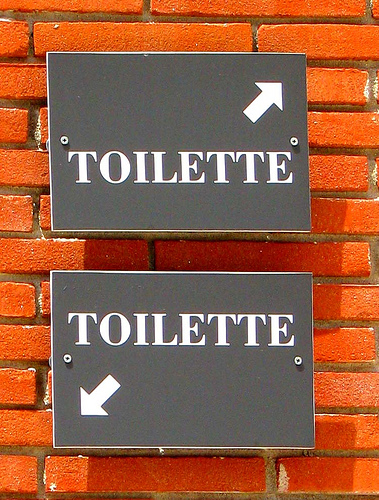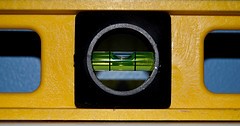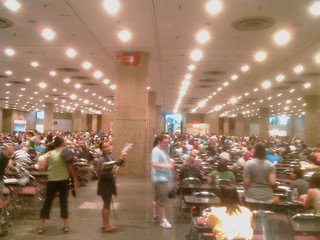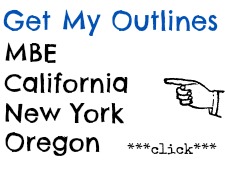Over the past few months, I have had several email conversations with foreign-trained JDs who want to know about which bar exam preparation courses are best and how they should prepare for a bar exam in the United States.
Since I anticipate these issues are common for many foreign attorneys and JDs who want to take a US bar exam, I thought I would put together this post. I hope that some foreigners who have taken and passed a US bar exam can add their experiences and thoughts in the comments to this post.
Potential obstacles for foreigners
The first thing to consider is how well you can communicate in written American English. I emphasize American English because many foreign JDs have received education in British or Indian English, which has many different idioms and usages.
For example, the British may “take a decision” but Americans “make a decision.”
The bar exam is a pressure-cooker environment [<– another idiom, meaning that during the test, you must perform under substantial time constraints]; if you are confused about what is being asked of you or if you cannot understand essay or performance test fact patterns because of a language issue, you start at a disadvantage.
Another issue to consider is the format of the Multistate Bar Examination (MBE), which is a standardized multiple choice test administered by almost every US jurisdiction.
In my opinion, the MBE is designed to trick you into getting the wrong answer. The questions are usually dense, with the correct answer often based on a single word or phrase.
Standardized test questions are often more difficult for people outside a culture to answer. So, the MBE and its format must be studied early and often.
Which preparation course to take?
If you have a strong command of American English, you may be able just to take BarBri. If you will be studying outside of the US, you can get access to the video lectures if you have a good internet connection.
Since the MBE is difficult, you should probably supplement your preparations with an MBE exclusive course. Kaplan/PMBR may be a good choice because its example questions are notoriously difficult, which is good preparation for the actual test. If you can’t afford the course, try to find the practice books for sale used on Amazon or Craigslist.
If you prefer an exclusively on-line solution, you might try Adaptibar, which I used while preparing for the California bar exam. I liked the convenience of being able to access the questions without having to carry around a huge book. Adaptibar also keeps statistics so you can see where your strengths and weaknesses are and focus your studies accordingly.
If you want ultimate portability, you could try BarMax’s MBE App for iPod and iPad. I have not used this, but it has good customer reviews.
If you feel like you need more help than you can get from the programs listed above, you may want to consider a tutor or a bar preparation service that includes individual counseling and tutoring.
I do not know any bar tutors, so maybe someone can recommend one in the comments.
As for more individualized bar preparation programs, you may want to try Celebration Bar Review, which has a preparation program specifically for foreign-trained JDs and attorneys.
If you need additional advice on how to approach MBE questions, I highly recommend reading Strategies and Tactics for the MBE. For many years, it has been by far the best book for helping students learn how to succeed on the MBE.
[Photo]
P.S. -- Want a FREE copy of my Bar Exam Mind audiobook?
You can get a free copy of my audiobook when you sign up for a free trial at Audible. Get the details by clicking here.






